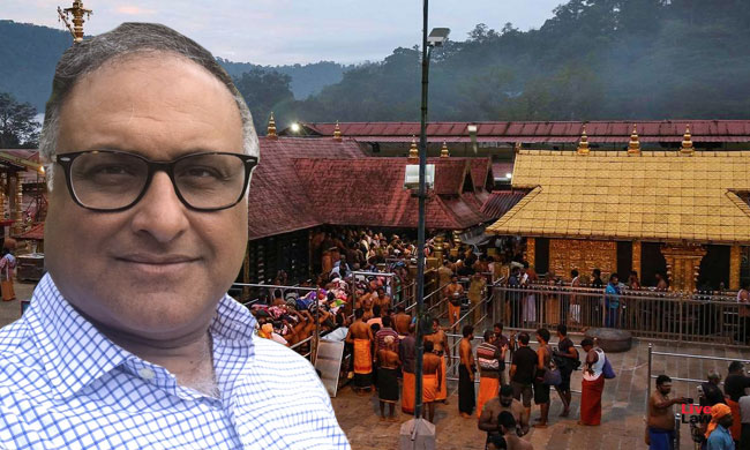Opposing close to 60 pleas seeking a review of the 2018 Sabarimala verdict, Senior Advocate Jaideep Gupta, for the state of Kerala, argued, "Nothing has been placed before Your Lordships that would justify a review. If a substantial case were to be made, we will make exhaustive arguments" "The overriding thing is that there was a consensus of Your Lordships (in the majority judgment) on...

